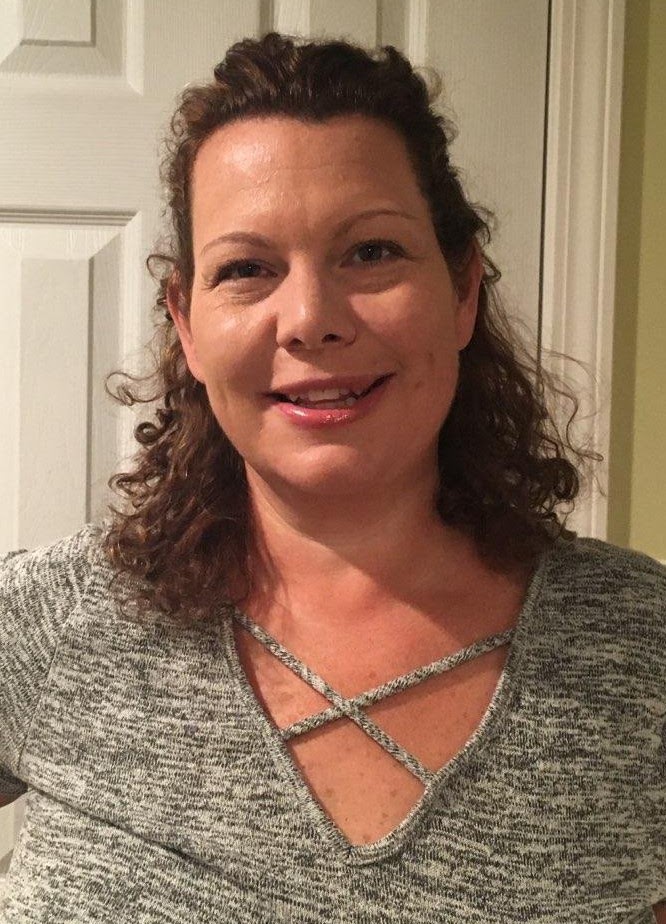By: Brad Buck, bradbuck@ufl.edu
IMMOKALEE, Fla. — Kim Morgan is coming home, in a manner of speaking.
Morgan graduated from the University of Florida three times. Mostly recently, she began her position as an associate professor of food and resources economics for the UF/IFAS Southwest Florida Research and Education Center in Immokalee. For now, due to CDC stay-at-home guidelines, Morgan is working for UF/IFAS, albeit from her home in Virginia.
Morgan comes to the Immokalee center after earning tenure at Virginia Tech as an assistant and recently, associate professor of agricultural and applied economics. Before that, she worked as an assistant professor at Mississippi State.

Kelly Morgan (no relation), director of the Southwest Florida REC, is pleased to have Kim Morgan as a new faculty member, saying, “She has years of experience in agribusiness and marketing at two respected universities in the Southeast.”
As the newest member of the SWFREC faculty, Kim Morgan looks forward to investigating issues brought to the attention of scientists at UF/IFAS and partner agencies by agribusiness owners.
“People drive my research and Extension programs,” Morgan said. “Specialty crops are my primary commodity of interest, and I want to look into how changing consumer preferences along with government regulations and policies may influence grower decisions to adopt new production practices.”
She also wants to help farmers use marketing techniques to reduce the costs of navigating the food supply chain directly to consumers.
Not only did Morgan earn degrees from the UF/IFAS animal sciences and food and resource economics departments, she worked as an analyst with the department’s Florida Agricultural Market Research Center. There, she helped find solutions to production, marketing, financial and human risks unique to the agricultural sector.
Now, she’s helping growers in the fertile agricultural area of Southwest Florida.
“SWFREC is located in one of the most unique environments in the country — right in the middle of larger-scale agricultural operations led by stewards of the natural resources that make it possible to produce a wide range of commodities while surrounded by an ever-growing population,” Morgan said. “As an economist, I see it as the most exciting place in the world to study how people, companies and policymakers make decisions that impact local customers and retailers, contribute to global food-supply chains and address the intersection of agricultural, environmental, and residential resource uses.”









